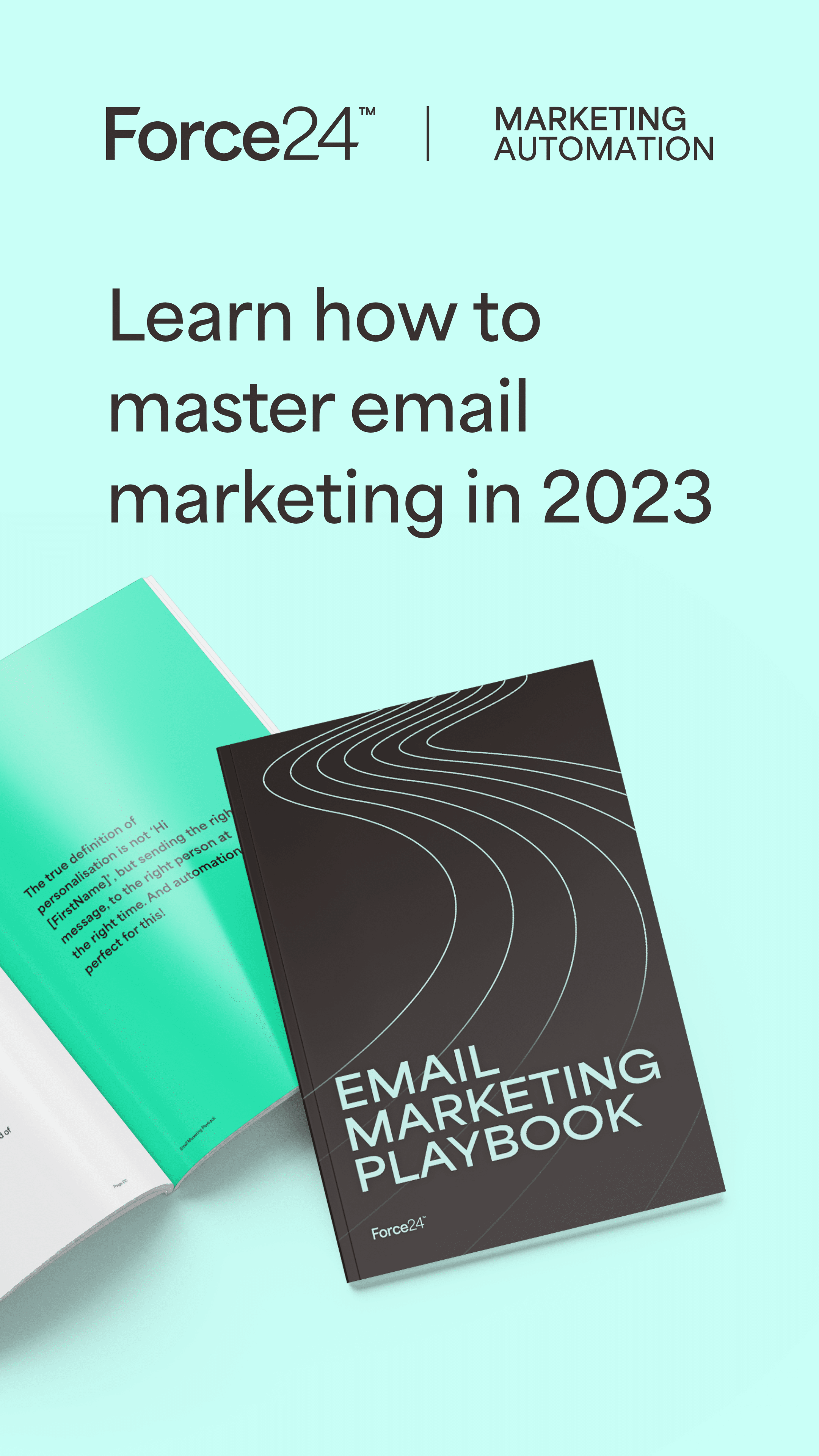What’s new in search marketing?
It’s that time of year when Autumn has finally kicked in – the weather’s turned, it’s getting dark earlier and we’re all starting to unwind after summer…
But it’s certainly been a busy month in the search marketing industry – let’s take a look at September’s highlights!
 Google supports new link attributes
Google supports new link attributes
Links, according to Google, are still the most important ranking factor after page content relevance. The ‘nofollow tag’ was first introduced in 2005 as a way of negating the effect of comment spam, and was one of the first major updates that forced the SEO industry to react and evolve fast.
Nofollow previously allowed sites to link to a chosen page without passing any PageRank, indicating to search engines that the host site had been paid to include them, or where the trustworthiness of the target couldn’t be verified by the host.
Now, Google wants to capture more of the link signal from nofollows, and so has introduced the support of two new tags to further differentiate types of links: ‘sponsored’ and ‘ugc’.
[irp]
The ‘sponsored tag’ enables host sites to tag links as part of advertisements, sponsorships or other compensation agreements. Its seems like a more explicit signal to search engines that a link is paid for and shouldn’t pass PageRank.
The second, ‘ugc tag’ is best applied to user-generated content such as comments and forum posts – much in the same way the ‘nofollow tag’ was originally designed to work.
Nofollow no longer acts as a directive and more like a “hint” that the link might not be completely natural.
Top Brighton SEO pick – Making Web accessible to all 
Members of Receptional’s SEO team headed to Brighton SEO this month. One particular talk, ‘Accessibility for People and Bots: Compassion-led Technical SEO’ by Ashley Berman Hale stood out as best of the day.
According to the World Health Organisation, approximately 10% of the world’s population, or 650 million people, have a disability – and this figure is growing.
The United Nations Convention on the Rights of Persons with Disabilities categorically states that access to information and communication technologies is a basic human right, so it’s sad that much of the web still isn’t designed to accommodate such a huge market – a mistake that costs the economy “tens of billions”.
We believe accessibility will be the next focus area for Google to reward/penalise in search, so it’s worth making 2020 the year to make your site accessible to as many users as possible. At the very least, we all have a moral duty to ensure everyone with a disability can have an equally good online experience.
Google Smart Bidding using foot traffic data
Google’s Smart Bidding functionality has allowed those running paid search campaigns to automatically increase (or decrease) visibility to their customers, to maximise ROI.
But for Search and Shopping campaigns, Google has announced that it’s no longer just online behaviours that are taken into account, but physical visits can now be used to optimise bidding too.
